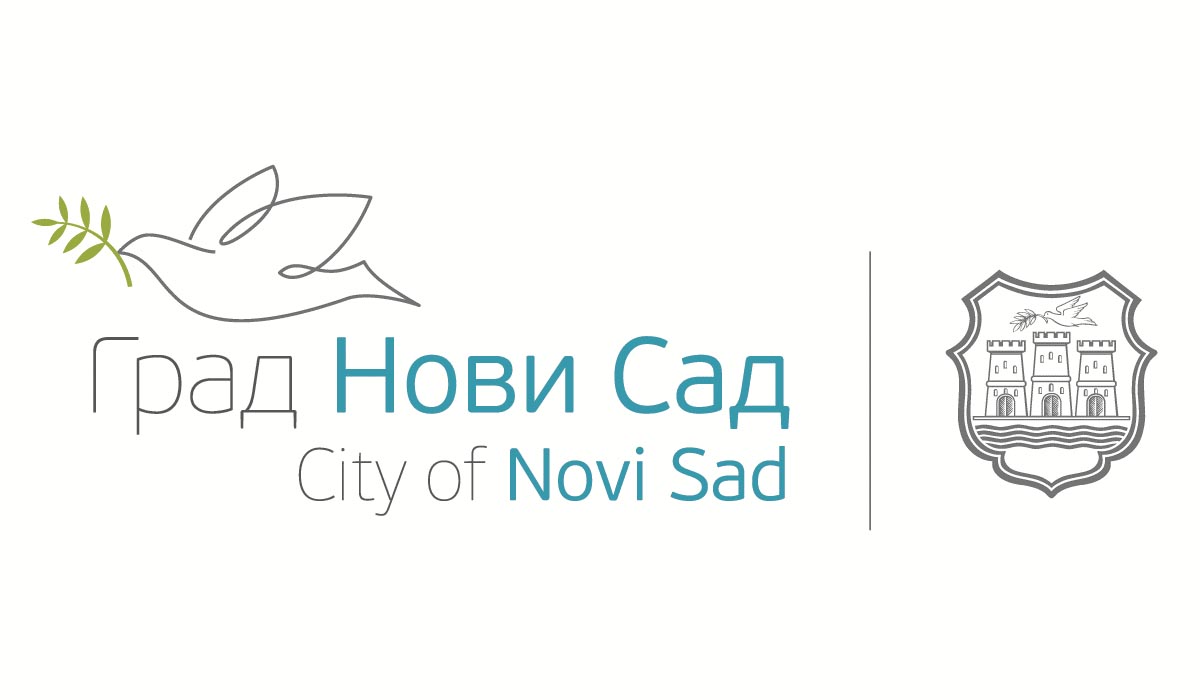CIRCUMSTANCES IN VENICE BEFORE THE SECOND MOREAN WAR: EVIDENCE FROM ENGLISH SOURCES
DOI:
https://doi.org/10.19090/i.2014.25.161-173Keywords:
Venice, Christian Cole, crime, plague, Peace of Utrecht, lotteryAbstract
Writings of Christian Cole describe occurrences relevant for the social history of Venice in this period. He did not oversee the crimes committed by members of the governmental structures. Names of courtesans listed in his correspondence reveal that Cole was familiar with this phenomenon of Venetian everyday life, which managed to subsist for centuries. Relatively good knowledge about the situation in the Patriciate was supplemented by Cole’s report on the introduction of state lottery in 1714, with Venice following the „Netherlands model“, trying to improve it. In this field, his reports represent the best source of non-Venetian provenance.Senate sessions, during which decisions of relevance for the state were reached, have a significant place in his letters, as well as the persons who visited St. Mark's city in this period. Years 1713-1714 were marked by negotiations in Utrecht and Rastatt, which created a new political map of Europe, defining the borders that would remain for several decades (until 1746). Austria's penetration in Italy is one of the most important outcomes, and that could not leave Venice aside. Opinions on current events echoed in reports that he sent to England, based on his own point of view.
Christian Cole's Venice represents a city emerged in its own magnitude, with everyday life stuck in a rut. Although he wishes to write about relevant events, his letters reveal little knowledge of causes of many negative occurrences. Their greatest significance is for revealing the criminal deeds, mainly related to the most important celebrations in the city (especially the Carnival), but they also indicated English claims to the Venetian market in the period when this state was no longer a leading mercantile power.
Downloads
Download data is not yet available.
Downloads
Published
01. 06. 2016.
How to Cite
Коцић, М. (2016). CIRCUMSTANCES IN VENICE BEFORE THE SECOND MOREAN WAR: EVIDENCE FROM ENGLISH SOURCES. ISTRAŽIVANJA, Јournal of Historical Researches, (25), 161–173. https://doi.org/10.19090/i.2014.25.161-173
Issue
Section
Articles













